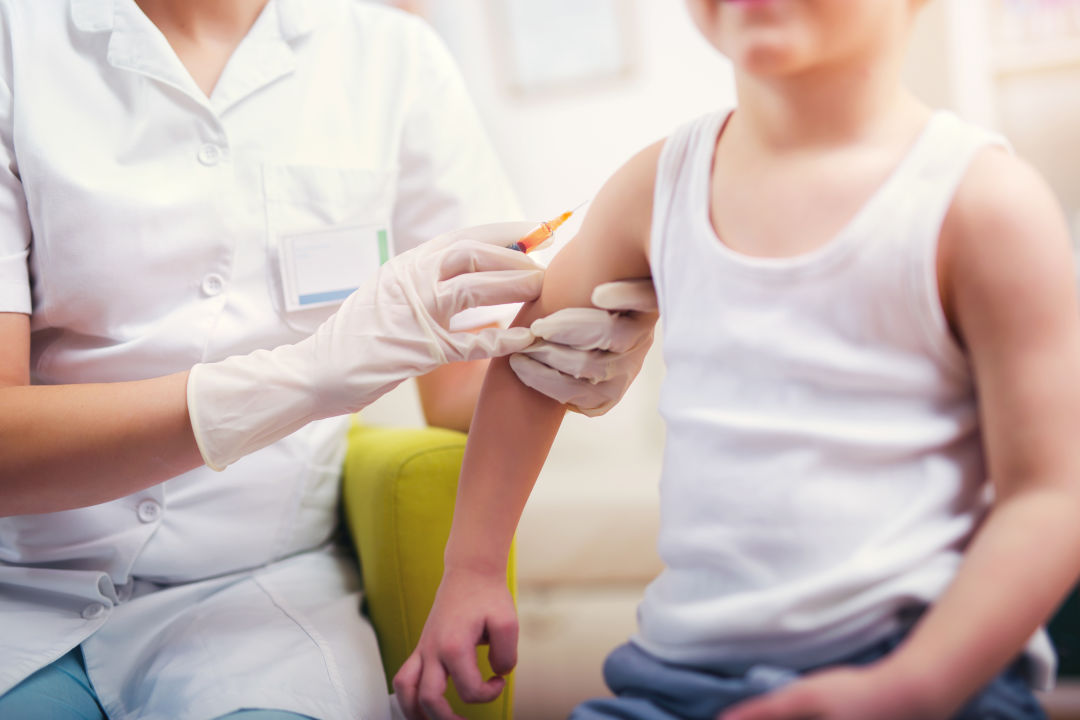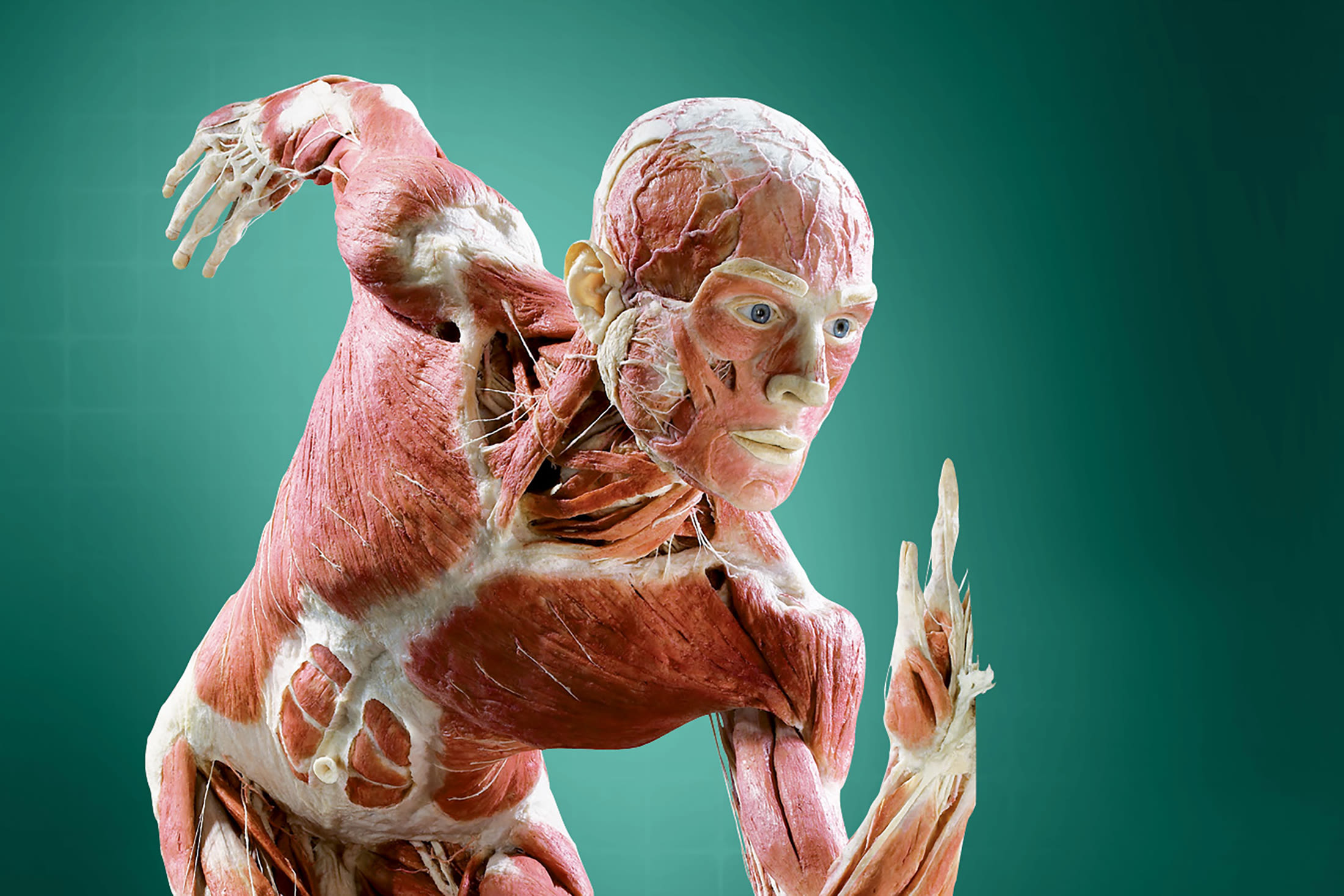Houston Has a Worryingly High Vaccination Opt-Out Rate

Image: Shutterstock.com
Before the discovery of vaccines, Houstonians were prey to all kinds of diseases. In 1918 the Spanish flu, which would ultimately kill more people than World War I, whipped through the city, sickening hundreds. Meanwhile, until the advent of the polio vaccine, polio ran rampant through the Bayou City annually, leaving hundreds of victims, mostly children, paralyzed or dead.
But with the development of modern vaccines, many epidemics became a thing of the past. Polio? No longer a concern. Smallpox? Who can remember the last case of that? That’s because as a population we’ve developed a herd immunity; meaning, because most people received the polio and smallpox vaccination, the disease had nowhere to spread and became a thing of the past for the U.S.
Today most children are still required to meet school immunization requirements by getting vaccinated for diseases such as tetanus, the measles, and the flu, a stipulation that has been found to help maintain the herd immunity in large populations. Ever since Texas became one of 18 states that allows parents to say “no thanks” to vaccination for either religious or philosophical reasons, the number of unvaccinated children in the schools—a prime location to pass around germs—has steadily grown, from around 2,000 in the state in 2003 to more than 44,000 in 2016, according to the Texas Department of State Health Services.
More troublingly, a recent report published by the Public Library of Science’s medical journal has zeroed in on the Houston area, pinpointing Harris County as a site where a large number of parents are opting not to vaccinate their kids. The study found that in the 2016-2017 school year, parents of 592 kindergartners in Harris County chose not to inoculate their children. Of 15 U.S. counties who clocked in with large numbers of unvaccinated kindergarteners, Harris County ranked seventh.
So why is this a concern? The large number of unvaccinated children has created what the report refers to as a “hotspot” for disease outbreak through a potentially weaker herd immunity over time.
But unlike other hotspots, Houston has another feature, one of the busiest intercontinental airports in the nation, that could make an outbreak here particularly dangerous. Houston’s George Bush Intercontinental Airport meets more travelers in the month of July than any other month of the year as the prime time for summer vacation peaks. And a weaker herd immunity means that connecting flights may not be the only thing travelers are at the risk of catching.
“The intercontinental airport is a mixed blessing,” said Dr. David Persse, a local health authority at the Houston Health Department. “On one hand it brings all kinds of commerce and business and culture to our community; but on the other hand, it’s also, for some, the first stop in the United States if they are carrying any viral illness.”
Looking back, previous disease outbreaks such as the ebola outbreak in Dallas and the SARS outbreak in Toronto were all caused by travelers who carried it in from another country––a pattern that only adds to the risk of outbreak in Houston.
However, the risk of an outbreak like that happening again in just any city with a large airport is low. Even if someone were to bring in flu to a city with a low herd immunity, it’s unlikely that it would cause an epidemic because it’s just not that contagious. But the chance of an outbreak is much more highly likely if someone were to bring in measles, a disease that is seven times more contagious.
In 2015 there was a measles outbreak that was traced back to Disneyland in California and a number of people who had not been vaccinated who had picked up and spread the disease, doing such a good job of it that it even infected six people who had been vaccinated but who had not gotten full immunity from their vaccines. (The measles vaccine is one of the most effective in the world, but a small percentage of people who get it don’t develop the immunities they are supposed to, as Wired reported.)
And that's not the only outbreak we've seen in the U.S. In a case that hits much closer to home, a cluster of unvaccinated people in Ellis County, right here in Texas, contracted measles earlier this year. The outbreak apparently stopped there in North Texas, according to the Department of State Health Services, but it might have been a different story here in Houston.
“If you have the measles and you introduce it in a community where everybody’s pretty well vaccinated, it’s not gonna spread very much,” explained Persse. “But if you introduce it in a community where there’s very little vaccination, it’s gonna spread like wildfire.”
Essentially, cities with intercontinental airports aren’t at much more of disease outbreak risk unless that city has a high number of unvaccinated people in its community like Houston.
Additionally, it’s not just the kids that doctors, like Persse, are worried will contract a disease. It’s who they could spread it to. Most kids that get sick with the measles get better, but usually not before they spread it. And when it ends up spreading to pregnant women, causing kids to be born with permanent disabilities, that’s when the effects become detrimental to a community.
With August approaching, Persse has some advice for Houston parents who are on the fence of whether to vaccinate their kid or exercise their right to opt out. (Many of those who are against vaccination are concerned it causes autism, even though the 1990s-era study that many site to back up these claims was debunked and retracted.)
“Parents have the right and responsibility to educate themselves, just do it wisely,” advised Persse. “There’s a lot of misinformation that’s going around. When they go to the web, when they read up on vaccines and educate themselves, they need to go to the reputable websites, and stay away from anything that sounds extreme in either direction.”
In other words, vaccination may sound scary, but the real risk to worry about is what happens if you don’t vaccinate your kids. Sitting here in Houston, there’s no telling what damage could be done.




